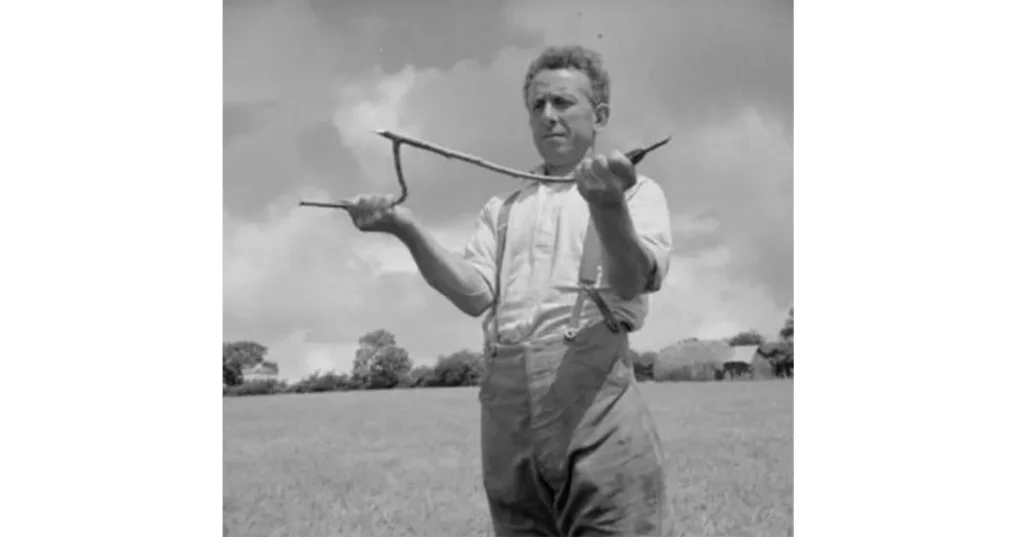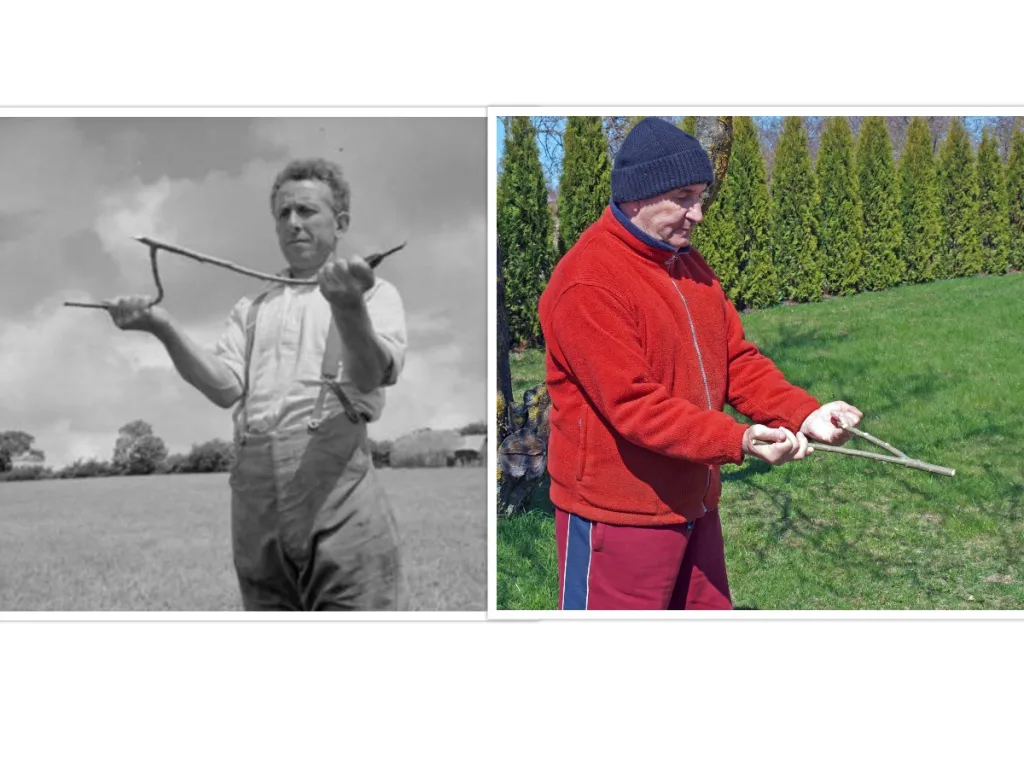Almost no one recognizes this antique tool – are you one of the few who do?
Given how quickly times change and trends come and go, it’s no surprise that by the time we’re older, the world can feel unrecognizable.
I’m not just talking about major shifts, but also the small, subtle changes that happen over decades. My grandmother, bless her soul, often reminisced about the habits and routines of her youth, showing us quirky instruments and trinkets that none of us could identify.
I imagine it will be the same for me if I’m fortunate enough to live as long as she did

This sense of nostalgia probably explains why “what’s this?” articles are so popular online. People post pictures of unfamiliar objects, eager to learn their purpose and history.
Recently, there’s been a new one making the rounds, puzzling many about its identity and function.
I have to admit, I was stumped when I first saw a photo of this particular tool circulating online.
Luckily, some people knew exactly what it was.
At first glance, it looks like an ordinary tree branch, V-shaped but otherwise unremarkable.
Yet, this simple tool has a fascinating history dating back to the 1500s and is associated with a practice known as “Water Dowsing.”

Also known as a “diviner,” “doodlebug,” “well witch,” or “water-finder,” this tool was used to locate water.
The process involved holding both branches of the stick in each hand, palms facing upwards, with the stem of the V pointing toward the ground at a 45-degree angle.
The user would then walk back and forth, supposedly detecting vibrations at the bottom of the V indicating the presence of water underground.
Interestingly, dowsing with metal rods was originally used in the 1500s to find metals, but the technique later adapted to help people find water in rural areas.
Watch the video below for more on Water Dowsing!
Did you know what this tool was for? Let us know in the comments. If you found this article interesting, check out the one below for more!
